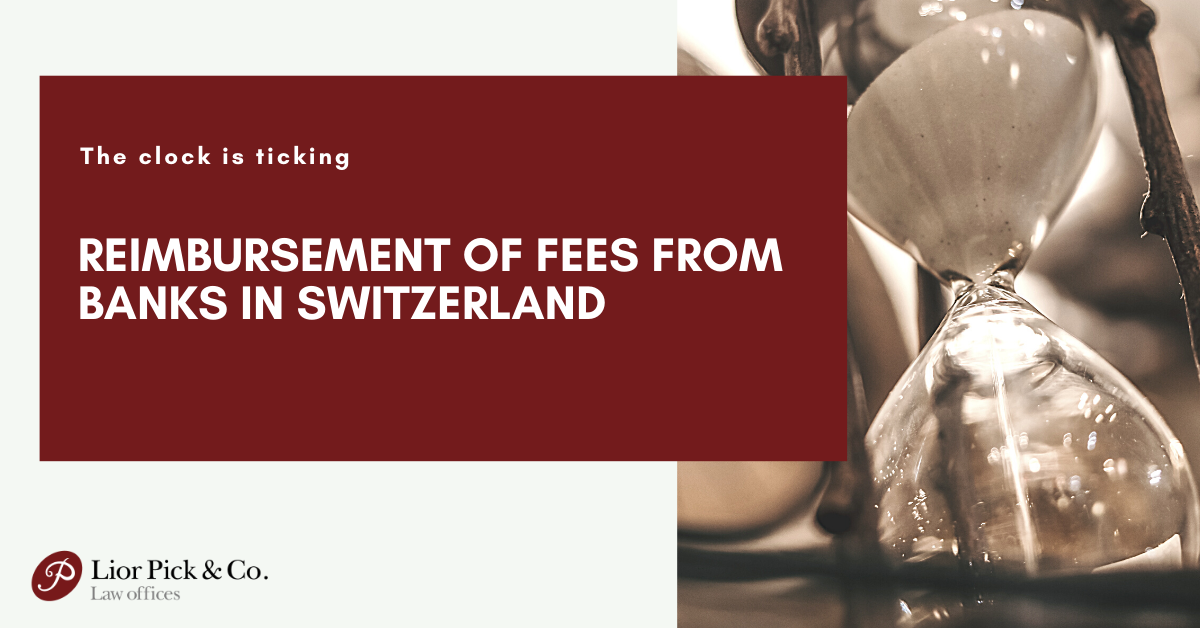Anna Liskanich, Attorney at Law
The appellant and her two brothers inherited shares in a private company from their deceased father (hereinafter: “the company”). Each sibling inherited 33.3% of the company. After a while, a conflict arose between the siblings. As a result, around 2001, the appellant decided to sell her rights in the company to her brothers. In the 2002 financial statements, the appellant declared a dividend income of NIS 3,485,000 from the company and additional revenue of NIS 1,681,000 as the proceeds from the sale of her shares in the company. The respondent did not accept the aforementioned statement and issued an assessment order, which led to the appeal under debate.
The respondent claims that reference is to an artificial transaction. The dividend that the appellant received close to the sale of the shares forms a part of the proceeds of the sale of the company’s shares. The transaction must be presented according to its true essences – he believes a share sale transaction involving a sum of NIS 5,166,000.
The appellant counterclaims that, over the years, the company accrued substantial earnings that had not yet been distributed by her brothers, who had managed the company while depriving her of her rights. In the appellant’s opinion, the dividend distributed by the company was distributed according to the distribution rules prescribed in the Company Law. Consequently, the respondent cannot classify the income in any other way.
Has the respondent established competence to disregard the transaction declared by the appellant by virtue of the directives in Section 86 (a) of the Income Tax Ordinance (New Version), 5721 – 1961 (hereinafter: “the ordinance”), which deal with artificial transactions?
The District Court (through the Honorable Justice Altuvia) has adjudicated:
The Court did not relate to the appellant’s argument that the distribution is consistent with the provisions in the Company Law, but referred directly to examining the question – Does the respondent have the competence to classify the transaction as an art official transaction as defined in Section 86 (a) of the ordinance?
Firstly, the court ruled that the determining preliminary condition in Section 86 (a) of the ordinance, had been established – Id est, the declared transaction had created a tax reduction.
Secondly, the court examined whether one of the causes listed in Section 86 (a) of the ordinance existed: “An artificial transaction,” a fictitious transaction, “non-activation of a kind of transfer” and/or “an undue tax avoidance or reduction.” On considering the question as mentioned earlier, the Court related to the following evidence:
In view of the aforementioned, the court decided that the aforementioned activities lack any economic meaning, was not essential for executing the sale of the shares and, consequently, should be perceived as an artificial transaction. Furthermore, the court reprimanded the appellant for her conduct and ruled that reference was to “a procedure, the illegitimacy of which permeates from all parties to it.”
Despite the severe result that the Court reached, it should be noted that, in our opinion, a dividend can still be distributed close to the sale of the company (and thus reduce the company’s value for the sale), provided that the dividend distribution shall be pro rata to all shareholders according to their share in the company.
The aforementioned should not be perceived as a recommendation and/or expression of opinion. In all instances, we recommend receiving professional individual advice following the concrete circumstances of every event. We would be happy to be at your disposal for any queries and or explanations regarding this or any general issue.
Yours sincerely,
Lior Pick & Co. Legal Offices

In 2012, the Federal Supreme Court of Switzerland ruled that banks must reimburse their clients – among them many Israelis – who were billed […]


Force Majeure is a common clause in a contract. Many agreements include a Force Majeure clause which can, in some specific cases, cancel or […]

Virtual Currency Exchanges allows the trading and exchange of cryptocurrency (virtual currencies or utility tokens) for other cryptocurrencies or for fiat currency. Nevertheless, this […]

It is common knowledge that, as a part of the division of land estates, there are opportunities to plan taxation correctly. This is sometimes […]

“Even clients of the Swiss bank Credit Suisse received a preferred list of lawyers and accountants to perform ” voluntary disclosure ” procedures – […]

Facebook Twitter

On September the 7th, 2014, the Israeli Tax Authorities published a new Temporary Order for Voluntary Disclosure Requests authorized by the new Voluntary Disclosure […]

A. GENERAL The Tax Authorities are interested in encouraging tax-payers, dealers, individuals and functionaries in enterprises of whom violated the tax laws, to correct […]

As you know, after introducing of amendment #168 of 01.01.2007 into Israeli law on income taxation, the new immigrants and citizens who have returned […]